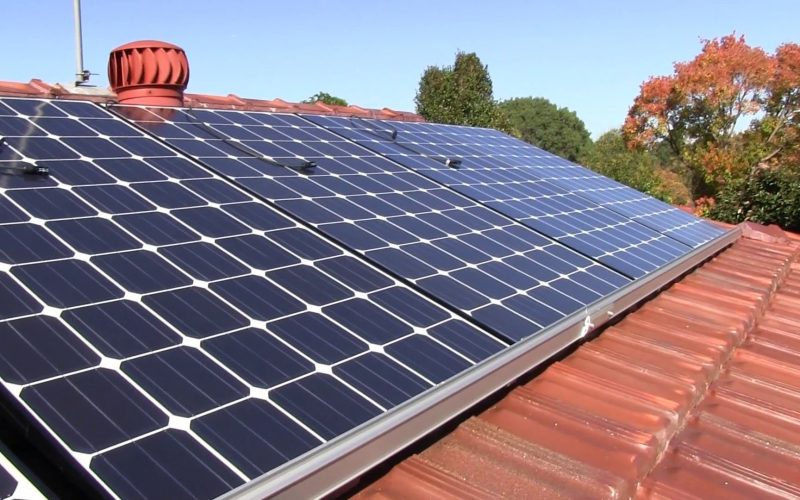Most of the people often get confused with these two terms solar cells and solar panels. But there is no such difference between solar cells and the solar panels. Solar cell forms a building block of the solar panels.
A solar cell, or photovoltaic cell, is an electrical device that converts the energy of light directly into electricity by the photovoltaic effect. A single junction silicon solar cell can produce a maximum open-circuit voltage of approximately 0.5 to 0.6 volts. Many solar cells together make up the solar panel.
Solar energy is derived from the sun’s radiation. The sun is a powerful energy source, and this energy source can be harnessed by installing solar panels. Every energy has got advantages and disadvantages. Some of the pro’s and cons are mentioned below:-
ADVANTAGES:-
- Renewable Energy Source: Among all the benefits of solar panels, the most important thing is that solar energy is a truly renewable energy source. It can be harnessed in all areas of the world and is available every day. We cannot run out of solar energy, unlike some of the other sources of energy. Solar energy will be accessible as long as we have the sun, therefore sunlight will be available to us for at least 5 billion years when according to scientists the sun is going to die.
- Reduces Electricity Bills: Your bill will be dependent on the size of the solar system and your electricity or heat usage. Moreover, not only will you be saving on the electricity bill, but if you generate more electricity than you use, the surplus will be exported back to the grid and you will receive bonus payments for that amount (considering that your solar panel system is connected to the grid). Savings can further grow if you sell excess electricity at high rates during the day and then buy electricity from the grid during the evening when the rates are lower.
- Diverse Applications: Solar energy can be used for diverse purposes. You can generate electricity (photovoltaics) or heat (solar thermal). Solar energy can be used to produce electricity in areas without access to the energy grid, to distil water in regions with limited clean water supplies and to power satellites in space. Solar energy can also be integrated into the materials used for buildings.
- Low Maintenance Costs:- Solar energy systems generally don’t require a lot of maintenance. You only need to keep them relatively clean, so cleaning them a couple of times per year will do the job. Also, as there are no moving parts, there is no wear and tear.
- Development of Technology:- Technology in the solar power industry is constantly advancing and improvements will intensify in the future. Innovations in quantum physics and nanotechnology can potentially increase the effectiveness of solar panels and double, or even triple, the electrical input of the solar power systems.
DISADVANTAGES:–
- Weather Dependent:- Although solar energy can still be collected during cloudy and rainy days, the efficiency of the solar system drops. Solar panels are dependent on sunlight to effectively gather solar energy. Therefore, a few cloudy, rainy days can have a noticeable effect on the energy system.
- Uses a lot of Space:- The more electricity you want to produce, the more solar panels you will need, as you want to collect as much sunlight as possible. Solar panels require a lot of space and some roofs are not big enough to fit the number of solar panels that you would like to have.
Moreover, solar cells are the building blocks of the solar panels which has the ability to convert the sun’s energy into electricity.
Go solar with zunroof

